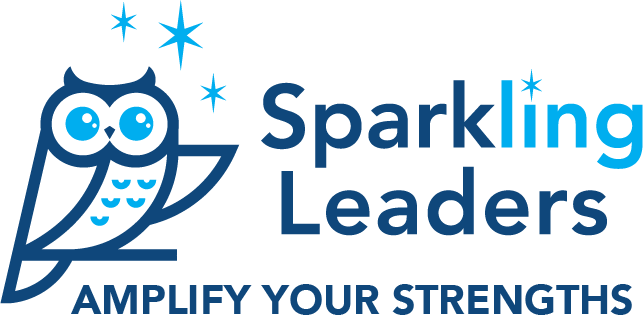Receiving Feedback Resources
The key takeaway from the session was to ask for the type of feedback we need and explain when and how we would like to receive it. Humans are complicated. While we know our own intentions, we often have to guess their impact on others. At the same time, we experience the impact from others, but their intentions are not always clear.
We had an enjoyable discussion about metabolizing feedback and how to represent it. I had created a baseline between joyful and misery but after talking about it, we decided that the baseline should be between optimism and pessimism. I am working on new images and will post them on the blog and Instagram account.
Session scales (spectrums?):
Optimism-Pessimism: What is your baseline?
Feedback impact: How far do you move from your baseline with different types of feedback?
Feedback recovery: How long does it take you to recover from feedback?
Awful-Unreliable-Neutral-Acceptable-Partner: What types of feedback relationships have you had with your managers?
Tests-Opportunities to Learn: How do you see requests, interactions, and challenges?
Session frameworks:
Feedback triggers: Truth, Relationship, Self
Feedback types: Appreciation, Coaching, Evaluation
Feedback system: Feedback giver’s viewpoint and intention, Feedback receiver’s viewpoint and the impact, Situation
Paraphrased validating comment given by a boss as they handed over raw data from a 360 degree review: it’s like a gift from a mother-in-law, it may not be correct, take what you want from it.
My goal for the month is to think about my baseline and be more aware of the impact and recovery times of different activities and challenges.
Our next complimentary session will continue our exploration of feedback with the focus on Giving Effective Feedback. Join us on Tues, Aug 1! During the one-hour workshop, we will explore how to give effective feedback and when we should give it.
Upcoming 2023 Monthly Sessions are on Aug 1, Sept 11, Oct 3, Nov 14, and Dec 5.
Summary of July Session The Gift of Feedback: How to Receive and Evaluate it Effectively
Key Takeaways
Know ourselves (we’re complicated)
Communicate what we need
Analyze feedback and decide what to do
Tips
Not all feedback is helpful. Most people do not have incredible mentors for their entire career. In order to learn from the people we are around, we need to develop skills for getting the most out of feedback “even when it is off base, unfair, poorly delivered, and, frankly, you’re not in the mood.” (Stone & Heen, 2014)
Growth Mindset - Try to figure out what you learn from the feedback (opening your eyes wide can help increase curiosity).
Know our strengths and what we want to do. Figure out how they fit with company goals. Communicate what we want and how others can help us.
Ask for the type of feedback you need. Explain when and how you would like to receive it.
Analyze feedback by first listing what is wrong or unfair. Then list what is right or possible.
Our moods impact our interpretations and memories. Get important feedback in writing and revisit it at different times.
When people give you feedback, say thank you and give yourself time to process it later.
Not every situation can be salvaged by feedback. If you are in a horrible situation, considering doing something else.
There is a disparity in how men and women are given developmental feedback - men are told they need to develop a specific skill, women are told they have a flaw and are not given actionable advice.
To Reflect on
When have you received an especially helpful piece of feedback? Why was it helpful?
When have you received an especially unhelpful piece of feedback? Why was it unhelpful?
Where do you fall on the optimism-pessimism baseline?
On average, what is the impact of feedback of negative feedback on your baseline? What about positive feedback?
On average, how quickly do you return to your baseline after receiving negative feedback? What about positive feedback?
Does your baseline, feedback impact, and recovery time affect how you like to receive feedback?
Do you have a plan for what you want to do and how others can help you?
What are you already doing to make the most out of the feedback you receive?
What do you want to try in the next week or two?
Additional Resources
Thanks for the Feedback: The Science and Art of Receiving Feedback Well, Douglas Stone and Sheila Heen (Mar 2015)
Mindset: The New Psychology of Success, Carol S. Dweck (Dec 2007)
You're Not Listening, Kate Murphy (Aug 2021)
Soundtracks: The Surprising Solution to Overthinking (Overcome Toxic Thought Patterns and Take Control of Your Mindset), Jon Acuff (Apr 2021)
Unwinding Anxiety: New Science Shows How to Break the Cycles of Worry and Fear to Heal Your Mind, Judson Brewer (Aug 2022)
Just Work: How to Root Out Bias, Prejudice, and Bullying to Build a Kick-Ass Culture of Inclusivity, Kim Scott, (Mar 2021)
Quit: The Power of Knowing When to Walk Away, Annie Duke (Oct 2022)

